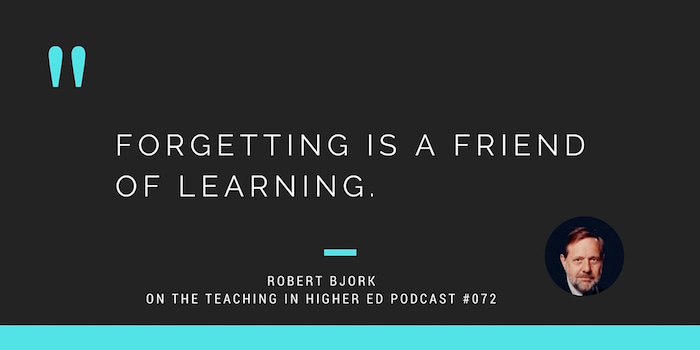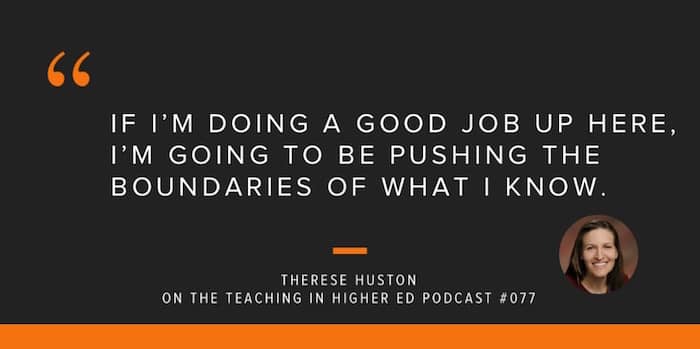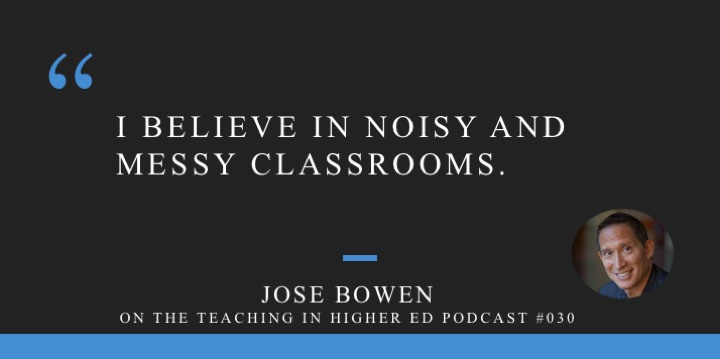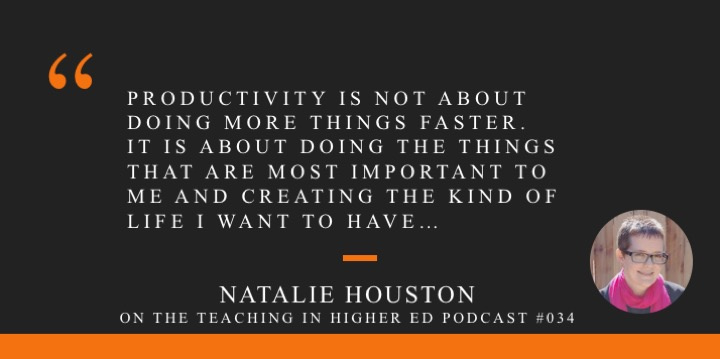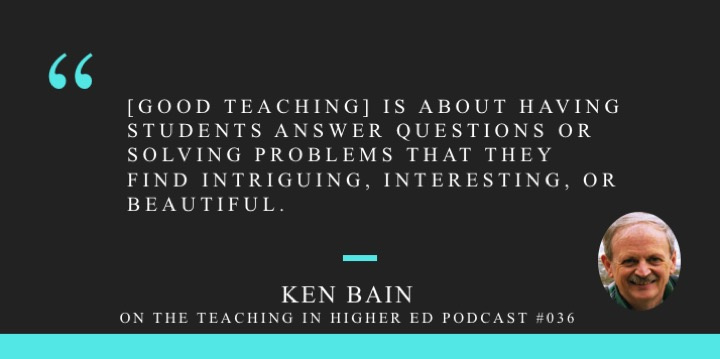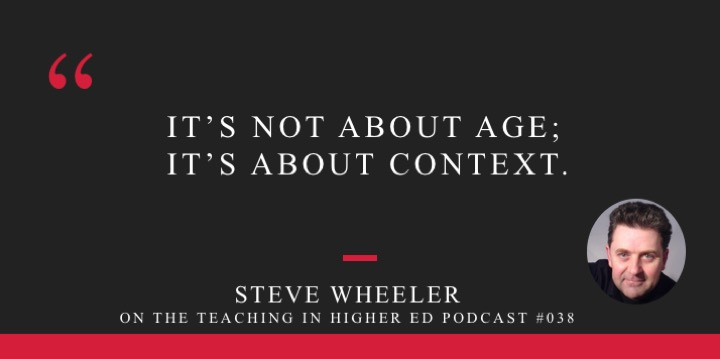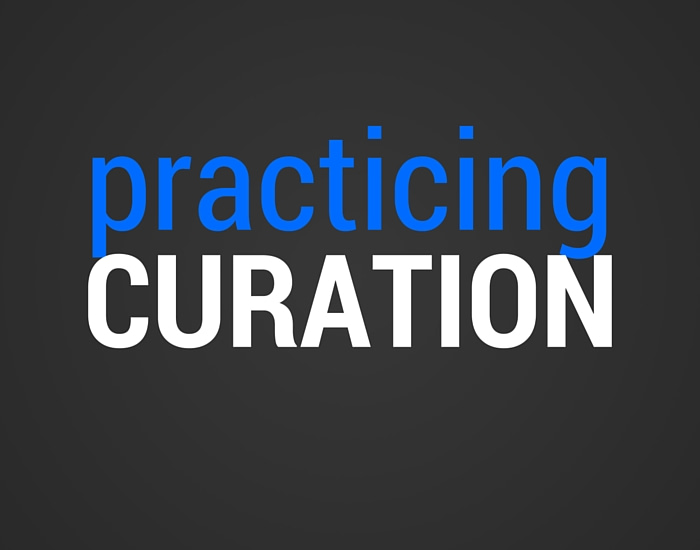
I shared with my doctoral students this past weekend about the power of personal knowledge management (PKM). Specifically, I attempted to address the benefits of having a trusted curation process that is built for the present and the future.
The value of having information available to you when you need it is difficult to articulate until people get to experience it for themselves. Part of being overwhelmed by things flying at us seems to be the shutting down anything that isn't immediately demonstrating a pressing need.
I came across two articles this week that were of immediate value to me:
1) An Apple Pencil-drawn review of the Apple Pencil
I've had an Apple Pencil for a little over a month now and really enjoyed seeing the device through Serenity Caldwell‘s eyes.
2) What's really to blame for the failures of our learning management systems?
Our institution is currently evaluating a potential change in our learning management system, or at least a substantial upgrade to our existing one. The article cracked me up, since some of the events described in the piece are happening to us as I write this.
At least you've got to be able to laugh at yourself in this life…
The couple other articles I discovered this week aren't ones I am instantly going to do something with, but will no doubt be of value down the road:
1) Small changes in teaching: The last five minutes of class
James Lang is such a wonderful author and gives fabulous advice in this piece. However, this week is primarily made up of exams in my classes and next week is our Spring break. I have captured his ideas in my bookmarking system (Pinboard.in) and will follow up at such a time as when I have an opportunity to try some new approaches in my teaching.
I will get more out of his article if I review it, again, when I am able to start experimenting with his suggestions. In the meantime, it has been saved under my teaching bookmarks.
2) This website simulates what dyslexia is really like
I saw this tool on Twitter and was instantly captivated by the idea that we might be able to have more empathy for those with dyslexia by seeing through their eyes…
The article has been saved under my disability bookmarks and no doubt will prove to be useful when I am working with faculty to have a better sense of why certain accommodations are made for our students.
[reminder] What have you come across this week that either had immediate or future benefit to you? [/reminder]
